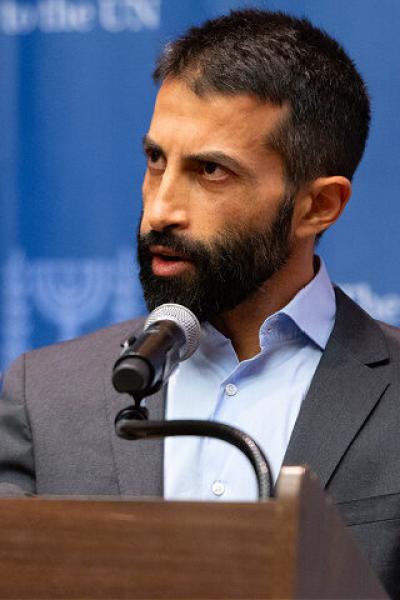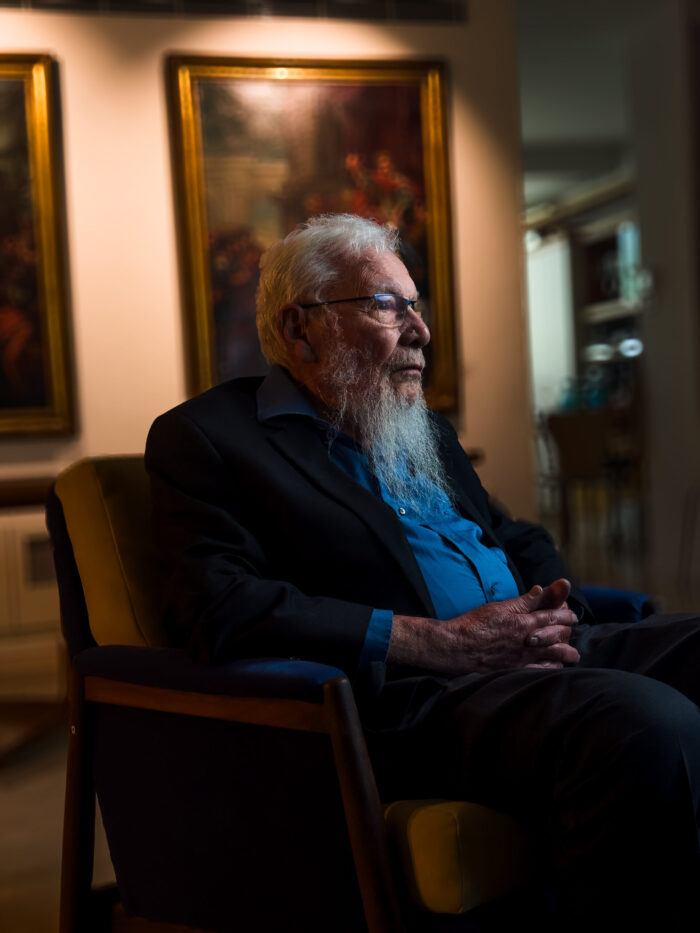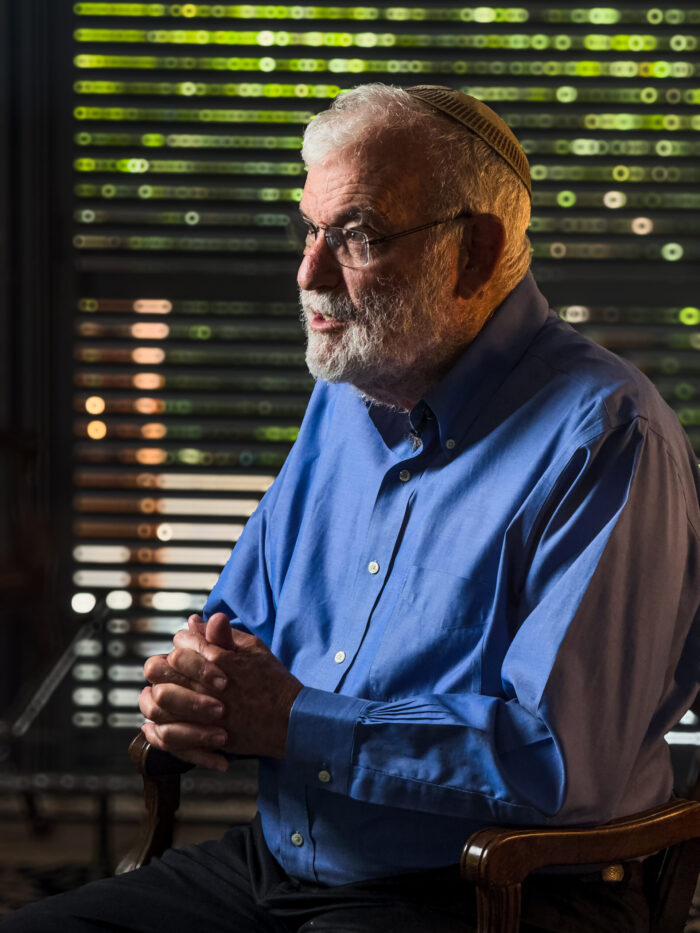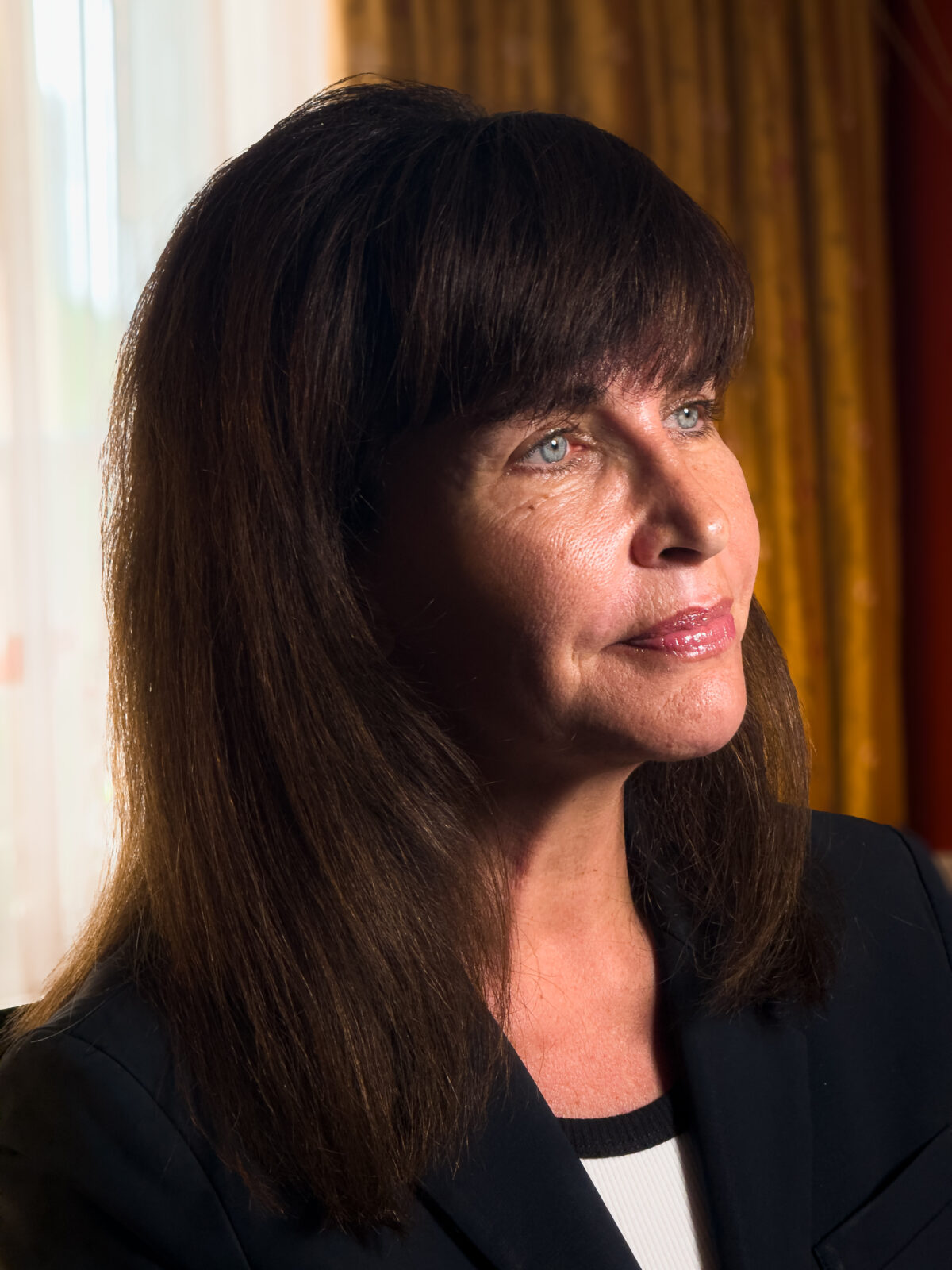A chilling slogan that was often heard at Palestinian demonstrations this year, “From the river to the sea,” is rife with far-reaching political implications.
This euphemism is conveniently downplayed by Palestinians as merely “aspirational.” But what it really means is beyond dispute: The replacement of Israel by a Palestinian state stretching from the Jordan River to the Mediterranean Sea.
Palestinians who endorse this outcome reject a two-state solution and support the creation of a single Palestinian state encompassing Israel, the West Bank and the Gaza Strip.
A documentary released by Brasil Paralelo, a Brazilian company specializing in the production of films with a conservative viewpoint, addresses this issue in From The River To The Sea.
Now available on the ChaiFlicks streaming platform, it argues that this is precisely the objective of many Palestinians, even if some support the idea of coexistence with Israeli Jews within the framework of two states.
Einat Wulf, a former Israeli parliamentarian and the author of a book about Palestinian refugees, supported the Oslo peace process, which raised hopes that Israel’s protracted struggle with the Palestinians could be resolved through diplomatic means. She appears to have changed her mind, and now advises fellow Israelis to listen carefully to the Palestinian “narrative,” which leans toward a one-state solution.
Underscoring her warning, the film warns viewers that the Western liberal concept of “live and let live” is alien to the Middle East, and that Israel is on the front line of the war against radical Islam, as embodied by Hamas.
In this connection, we’re transported back to October 7, 2023, when Hamas terrorists attacked communities, army bases and the Nova music festival in southern Israel in a murderous rampage that resulted in the deaths of about 1,200 people and the abduction of 251.
Survivors of that festival recall the sheer terror of that day, when a multitude of rockets rained down on the grounds. “They were killing and slaughtering,” a young woman murmurs.
A captured terrorist grudgingly admits he raped a woman. “The devil took me,” he says.
In an abrupt transition, the film segues to the late Palestinian leader, Yasser Arafat. According to Mosab Hassan Yousef — a Palestinian from the Gaza Strip who defected from Hamas and who now regularly denounces it — Arafat sought to globalize the second Palestinian uprising, which erupted in East Jerusalem in September 2000.
In this spirit, a former Israeli general, Uzi Dayan, claims that Arafat was the “biggest enemy of peace.” He offers no concrete evidence to back up his claim.

The next interviewee, an Israeli rabbi, claims that Israel’s conflict with the Palestinians has degenerated into a religious dispute, though he admits it has a territorial dimension.
Another Israeli, a scholar named Edy Cohen, contends that the bad blood between Jews and Arabs began centuries ago during the life of Mohammed the Prophet, the founder of Islam. In a commentary on the current situation, he condemns Iran as an imperialist power bent on dominating the Arab world.
Several Israelis who were personally affected by the events of October 7 contend that Jews value life over death, while Arabs are focused on killing their enemies.

Robert Aumann, a Nobel Prize recipient, proffers this sober advice: “If you want peace, prepare for war.”
Yaakov Amidror, a retired Israeli army officer who served as a prime ministerial national security advisor, issues a warning that Arabs cannot be trusted.

Shifting away from the Middle East, the film suggests that the growing Arab minority in France will eventually transform this mainly Catholic nation into a Muslim one. This seems like an alarmist prediction.
From The River To The Sea makes no attempt to present a balanced picture of Israel’s complex dispute with the Palestinians.
While its cautionary and suspicious approach to the Palestinian national movement is at times valid, it offers viewers nothing more than a skewed view of the Palestinians and their struggle with Israel. A disproportionate number of the Jewish interviewees belong to the right-wing national/religious camp.
As well, it completely ignores the counter-productive Israeli settlement project in the West Bank, which has angered even Palestinians prepared for an accommodation with Israel.
Its one-sided approach to a complex problem will surely alienate some viewers, but others will likely consider it spot on.
